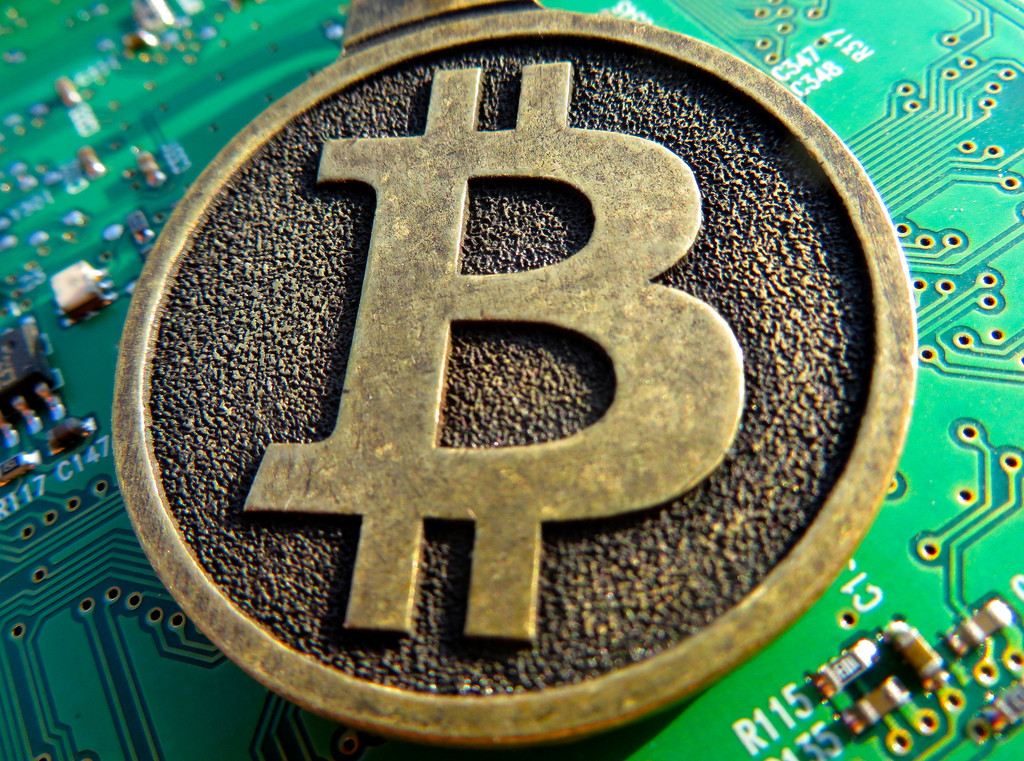The last couple of weeks bore witness to some interesting news. Headlines generated from ranks of the European Union were complemented by updates from the realm of new technologies and applications continuously on a crusade of further progress and development even in the world of virtual currencies.
The European Parliament debated and voted upon the motion originally put forward by Jakob von Weizsäcker MEP initiating the set-up of a working group in relation to cryptocurrencies. The proposal passed nearly unequivocally by a majority of 542 to 51. The focus group (which still has to be approved by the European Commission) will exclusively deal with virtual currencies. Its intent is to analyse the up-to-day application of cryptocurrencies, however it is highly probable that the regulation of virtual currencies will dominate the secondary part of its agenda. On the other hand, Mr von Weizsäcker has formerly tried to reassure doubters by stating that safeguards preventing the over-regulation of this sector will be put in place. In other words, the onus is on rational regulation not inhibiting further development.
Notwithstanding the current Bitcoin debates in the contingent atmosphere of the European Parliament, the most suitable venue for the blossom of Bitcoin seems to be a country from South America. The Bitcoin Market Potential Index compiled by the London School of Economics examines the potential of 178 countries in the context of Bitcoin. Perhaps surprisingly, Argentina has emerged as the friendliest avenue for Bitcoin according to the Index which analyses 7 key indicators, namely inflation, the shadow economy, technological penetration, financial crises and repression, the level of Bitcoin penetration and the transfer of monetary funds. Bearing in mind that all of these indicators are to be interpreted in the framework of Bitcoin´s further development, higher gauges of inflation, the grey market and financial crises represent a fertile ground for Bitcoin as it has the potential to serve as an alternative. Contrastingly, a lower level of technological development or a reduced degree of Bitcoin penetration are to be seen as unwelcome determinants in this respect as they generally spawn a decrease in a country´s rating. An interesting observation worth pointing out here is the ranking of such countries as Venezuela, Zimbabwe, or Malawi that the Index grouped right behind Argentina. It remains to be seen whether these outcomes will find an appropriate reflection in reality. To put it bluntly, the question is whether Bitcoin will eventually start to strive palpably more in these countries.
The preceding two weeks almost customarily produced interesting news in the field of new technologies and applications, too. A good example of this account would be the emergence of an app focusing on the sphere of aviation developed by ShoCard in cooperation with SITA. This should come as no surprise considering SITA´s wide-ranging experience in providing aviation with IT and communications support all around the world. The app commonly uses Blockchain to store individual passengers´ data. More precisely, passengers can upload their personal data required for their flight via the application. Following the data upload, passengers receive a Token that can be subsequently activated by a public key (which is basically a more complicated and enhanced password) when their personal data need to be provided. As a consequence, the app simplifies the verification process of personal data while being safely stored in the Blockhain at the same time.
The other intriguing piece of news and new technology from the past 2 week period involves the application called Sensor 21 developed by its namesake company. The app operates on the basis of a technology called Grid Computing which, for the purposes of better understanding, could be compared to Cloud Computing originating from the same technological domain. The Cloud is essentially a system of homogeneous servers in a data centre operated by a single economic entity, such as Google or Amazon. The Grid is something similar, with the exception of being heterogeneous and not having a single centre. It is basically a system of several computers, either at work or at home that are operated by various entities. The Grid was not widely known until the recent emergence of virtual currencies. However, in the current background it can serve as a very useful tool in the area of micropayments incorporated in an automatized system. More specifically, Sensor21 (the company) invented a sensor analysing the weather which can be linked with a computer and be used as a tool for selling data to other people connected within the network (hence the micropayments).
The whole process is very simple – you buy a sensor (accompanied by a free software) and you can immediately start gathering data about weather, e.g. air pressure, temperature, and other relevant indicators. Then you can sell this data to other individuals or Bureaus of Meteorology. An adequate number of people involved in this information exchange would implicitly lead to a reliable weather prediction mechanism. It will be interesting to see this system´s further expansion and development, as it has the potential to be applied in other specific fields.
Translated by Edward Szekeres



